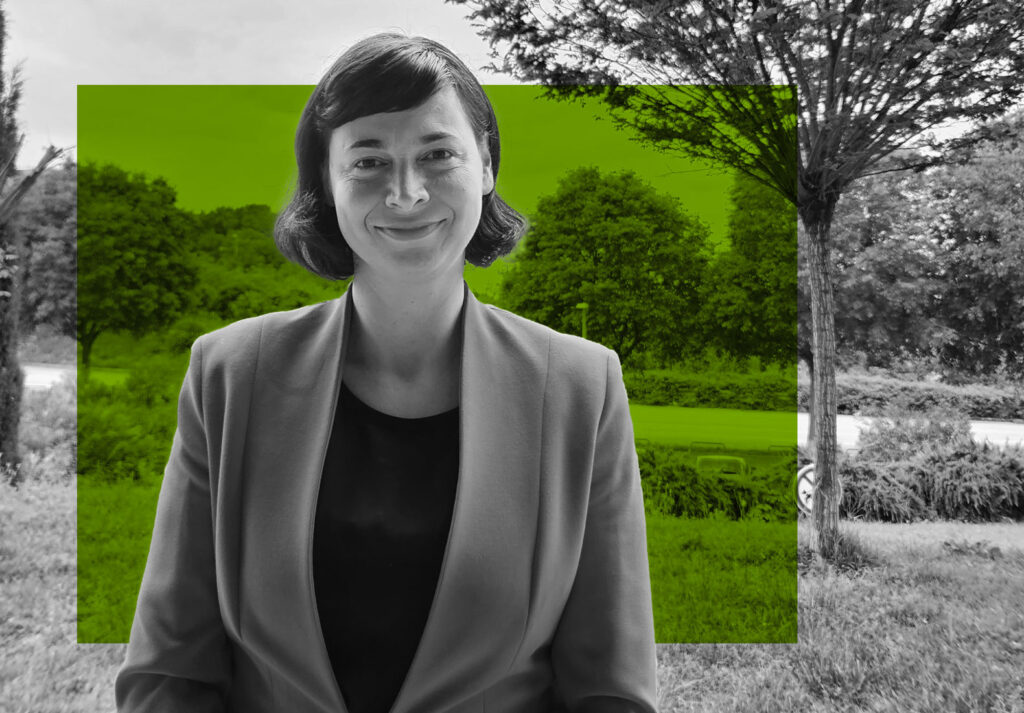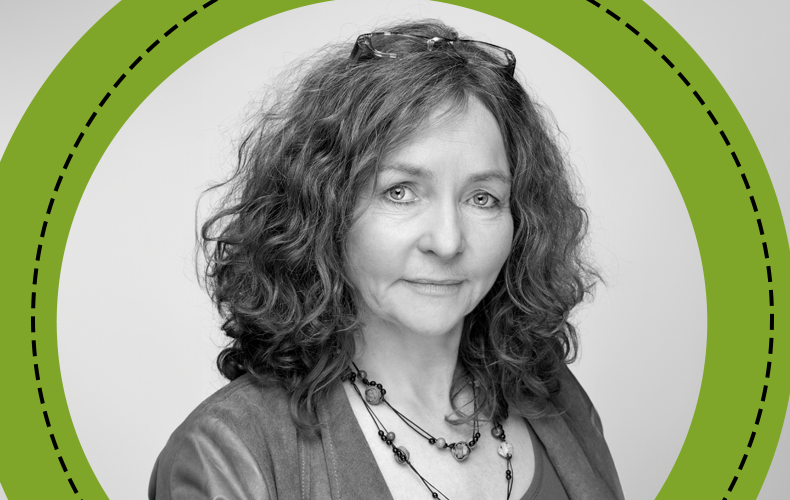16 November 2023
Please tell us about your professional journey up to this point.
I graduated in 2001 from the Faculty of Mathematics and Natural Sciences, Department of Biology, at the University of Zagreb. In 2002, I started working at the Medical School, Department of Medical Biology, at the University of Split. Concurrently, I pursued a PhD programme and obtained my PhD in genetics of diabetes mellitus in 2008. I progressed from scientific novice to an associate professor, to an assistant professor and finally a full professor. Currently, I am actively involved in teaching and research.
Throughout my career, I realized the importance of expanding my perspective on institutions abroad and global scientific advancements. To achieve this, I applied for various projects and scholarships. For instance, I have been awarded a scholarship from the British Scholarship Trust that enabled me to undergo four months of training at the Wellcome Centre for Human Genetics in Oxford. There, I worked in the group led by Mark McCarthy, learning statistical analysis in genetics, and got introduced to the genome-wide association studies under the Wellcome Trust Case Control Consortium (WTCCC). Subsequently, I obtained scholarships from the National Foundation for Science, Higher Education and Technological Development of the Republic of Croatia and Unity Through Knowledge that allowed me to perform postdoctoral research at the Wellcome Sanger Institute in Hinxton, Cambridge, in the group of Eleftheria Zeggini, who is a current EMBC Delegate for Greece. Under her guidance I became the lead analyst for the WTCCC phase three analysis of anorexia nervosa. These experiences significantly contributed to my scientific and personal development.
Upon returning to Croatia and my primary institution, I secured funding from the Croatian Science Foundation for the project entitled Genome-wide association analysis of Hashimoto’s thyroiditis. This has become the focus of my current scientific work, in which I investigate the genetic and environmental aspects of the development of this autoimmune disease and collaborate with physicians. We also examine the clinical features of patients with Hashimoto’s thyroiditis.
You have also become a delegate of EMBC, the international funding body of EMBO. How do life scientists in Croatia benefit from the new schemes to increase participation in the EMBO Programmes?
I enthusiastically welcome the opportunities provided by the new and adapted schemes for life scientists in Croatia and other participating countries. My colleague, EMBC Delegate Lovorka Barać Lauc, and I are actively involved in raising awareness of these opportunities. We organized information days in Zagreb and Split. EMBO conducts a training course on professional soft skills and the selected organizers are in the process of arranging the course here in Croatia. I believe that Croatian scientists will greatly benefit from these opportunities.
Looking at the broader landscape of life sciences in Croatia, what noteworthy trends do you observe?
Croatian scientists are engaged in diverse fields of molecular biology, with a particular emphasis on life sciences. It is difficult to highlight a single group, as there are many throughout Croatian universities and scientific institutes that apply cutting edge technologies in scientific research. The main challenge for Croatian scientists lies in funding. National funding calls are not yet available on a yearly basis, making it difficult to maintain continuity in research work, sustain knowledge within research groups and retain promising PhD students, who could progress to become postdoctoral researchers. Most Croatian scientists work at universities and are heavily involved in teaching and associated responsibilities, which limits their opportunities for long-term research or training abroad.
What advice would you give to scientists seeking to embark on a research career in Croatia? My research journey began with applying to different training courses abroad. One anecdote from my personal early career that actually marked my life is based on a rejection letter from one specific course. As I was determined to attend a similar course, I successfully applied to one held in Colombia in South America and spent ten days there. It was during this course that I met my future supervisor from the UK, that opened doors for me. Therefore, my main message is that younger scientists should embrace the opportunities available to them, such as those provided by organizations like EMBO, and not be demoralized if not accepted immediately as there is always a second chance. One training course can open doors, expand knowledge and boost self-confidence. This is particularly vital for PhD students and postdoctoral researchers.



